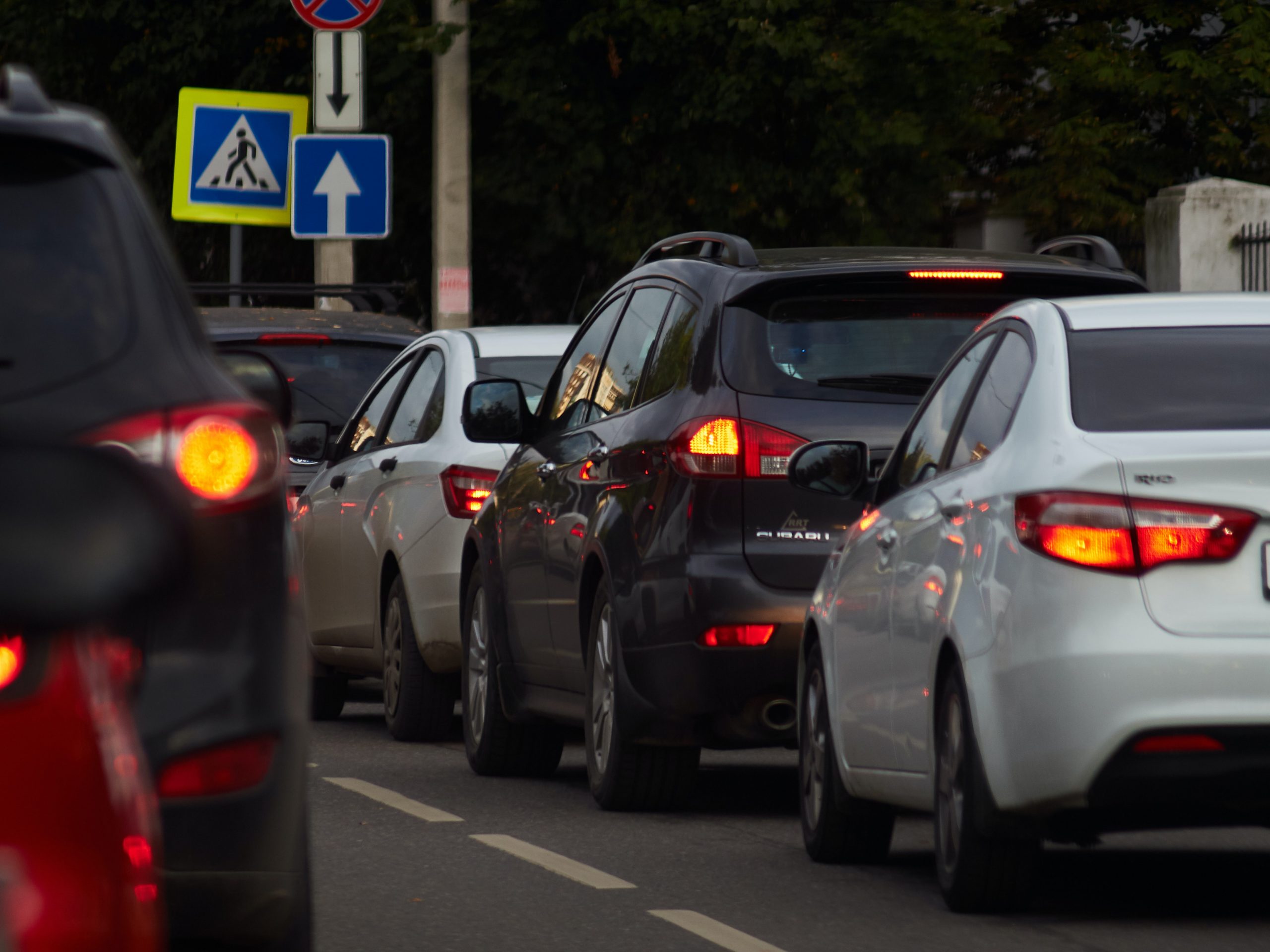New research finds staff willing to change behaviour but need greater employer support to lower Greenhouse Gas emissions
As UK employees begin to return to the office, new nationwide research from zero carbon commuting specialist Mobilityways has found that nearly three-quarters (70.8%) of working people want their commutes to be more sustainable.
However, at the same time commuters still rank time (32.6%) and convenience (24.9%) as the most important factors in choosing how to travel to work, meaning they need help in planning more environmentally-friendly journeys that balance sustainability with their other priorities.
42.2% of those surveyed are keen to commute more sustainably, while 28.6% say they already do. 25% feel that there aren’t any sustainable options for their trip to work, again pointing to a need for wider change.
Reinforcing the interest in sustainable commuting, 37% are considering a switch to an electric vehicle, with 30.3% open to walking or running to work and 41.6% to cycling to the office. 71.1% would share a car as part of their commute, either as a driver or passenger.
Businesses need to prepare now for the future of commuting – and to make it easier for their staff to embrace more sustainable options, according to the founder of Mobilityways, Ali Clabburn:
“While more and more staff want to work from home for at least some of the week, the majority will still be commuting at some point. The encouraging news is that post-lockdown commuters want to be more sustainable, provided that they don’t sacrifice time and convenience while doing so. This is where forward-looking businesses can step in, providing help and reducing their own carbon footprint at the same time.”
Reducing Greenhouse Gas (GHG) emissions and increasing sustainability is becoming a key business imperative as the UK aims to meet its challenging Net Zero Carbon emissions target by 2050. As part of this the UK government has just announced that it is bringing forward the target of reducing GHG emissions by 78% (from 1990 levels) to 2035.
Under the GHG Protocol businesses are increasingly looking to measure and report on their Upstream GHG emissions, which include the impacts from commuting and other business travel during work hours using private vehicles. Local authorities in England have already been requested by the government to measure and report their GHG emissions from their own estate and operations. These reporting requirements are likely to be made compulsory across other sectors as part of moves to hit the Net Zero Carbon emissions target.
The Mobilityways research, carried out with 4,366 of users of its free Liftshare platform between 5th and 9th April 2021 highlighted further impacts of the changes in commuting post-lockdown. 26.2% of respondents said they wanted to continue working from home after the pandemic, reducing overall commuting by car and public transport.
51% of people surveyed drove to work before the pandemic, dropping to 38.6% as staff return to the office. Demand for public transport is also set to reduce by over a third, from 17% of workers using it pre-pandemic to 10.8% going forward.
Additionally, despite £250 million of government investment over the last year in cycling and walking infrastructure there is no surge of interest in people adopting these means of transport for their commute – while 6.8% cycled to work pre-pandemic, a similar number (7%) say they will get on their bikes in the future. Walking to work is actually predicted to drop from 3.9% to 3.3% when people return to the office.
“The pandemic has forced everyone to rethink how they live and work and this will dramatically reshape commuting. Coupled with tightening emissions regulations, the end of lockdown provides a clear opportunity to make commuting greener and more sustainable, benefiting the environment, individuals and businesses alike,” added Clabburn.
Mobilityways enables firms to calculate their ACEL (average commuter emissions level). It uses commuters’ travel data to map and model more environmentally-friendly commute options for workers – posing options and providing alternative routes and distance data for those willing to explore alternatives including walking, cycling, public transport and car sharing. The idea is to encourage more people to explore greener alternatives for their journeys to and from work.
*Mobilityways









